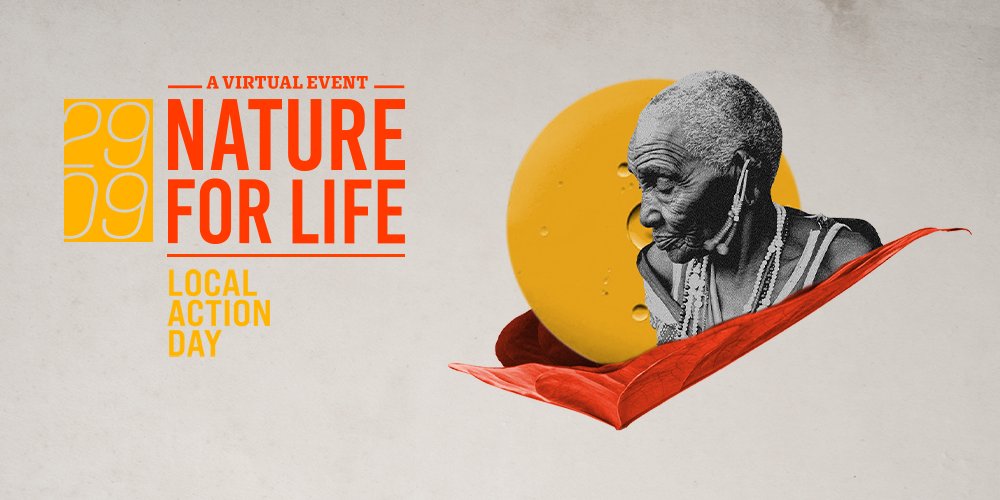THREAD: This morning, WCS's Stacy Jupiter has been named a 2019 #MacFellow by @macfound.
Stacy is director of our Melanesia Regional Program in the Pacific with a focus on @wcsfiji, Solomon Islands and @WCSPNG.
We are thrilled for her. This is a well-deserved honor.
Stacy is director of our Melanesia Regional Program in the Pacific with a focus on @wcsfiji, Solomon Islands and @WCSPNG.
We are thrilled for her. This is a well-deserved honor.

Stacy is a champion for the world's ocean.
"What makes Stacy a great scientist and conservationist is her understanding of the importance of integrating cultural practices and science to solve complex problems," says WCS's John Robinson.
newsroom.wcs.org/News-Releases/…
"What makes Stacy a great scientist and conservationist is her understanding of the importance of integrating cultural practices and science to solve complex problems," says WCS's John Robinson.
newsroom.wcs.org/News-Releases/…
Stacy knows that broad-based local support of conservation efforts is critical to their success.
One way she gets that: she creates tailored materials to communicate with a range of stakeholders. Includes comic books and puppet shows to teach children about marine conservation.
One way she gets that: she creates tailored materials to communicate with a range of stakeholders. Includes comic books and puppet shows to teach children about marine conservation.

Another example: recent partnership that integrates cultural considerations into conservation programs. Crucial in one of the most culturally diverse regions on earth.
medium.com/wcs-marine-con…
medium.com/wcs-marine-con…
"Her unique combination of academic inquiry with the search for pragmatic on-the-ground solutions is all too rare," says WCS's @CalebMcclennen.
Thanks to @macfound for recognizing Stacy's great work.
Full list of 2019 #MacFellows: macfound.org/programs/fello…
Thanks to @macfound for recognizing Stacy's great work.
Full list of 2019 #MacFellows: macfound.org/programs/fello…
• • •
Missing some Tweet in this thread? You can try to
force a refresh
















